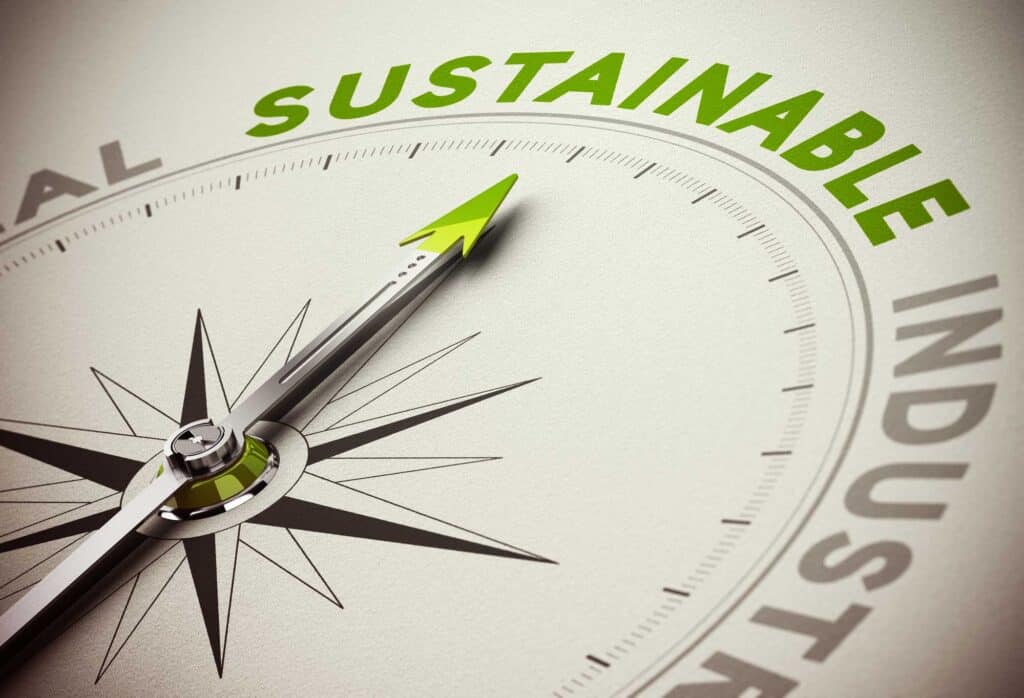
Almost every entrepreneur who starts a business has the ambition of ensuring that it is sustainable and continues as a going concern. The difficult part is how do we all build and maintain a sustainable business?
Workshop two of the Building Business Leaders of the Future programme, in conjunction with the Aston Business School and attended by our first cohort of Ethnic Minority Businesses (EMBs), focused on how businesses can have a social impact as well as prosper commercially.
Of the 5.5 million small businesses in the UK, 1 in 10 are social enterprises and 1 in 5 are ‘mission-led’ businesses. Mission led businesses have no restrictions in putting a specific percentage of their profits back into social purposes but social enterprises have to ensure that at least 50% of their profits go into social purposes. This is quite an important distinction as most commercial businesses would probably never consider setting aside half of their profits.
However, social enterprises are a prototype of sustainable businesses. A recent survey of 1,030 social enterprises in nine countries showed that they provide 4.8 million jobs, serve over 80 million beneficiaries, generate over Euro 6 billion in revenues and helped to make labour markets more inclusive by training and employing at least 3.3 million disadvantaged individuals.
They have a distinct way of doing business by ensuring that they manage for the long-term as well as for the short-term. They design and deliver products and services that meet social and environmental needs and above all, they take advantage of any opportunities of future social needs and societal trends.
The cohort were asked to think about how they could explore social innovation opportunities and be more aware of the potential benefits that their own organisation could benefit from modelling and working with social enterprises in order to be more sustainable.
In order to be more sustainable, businesses do not just need to consider their normal bottom line but the “triple bottom line”. This being how businesses can create financial value alongside social and environmental value and how we can improve inclusive growth by improving profits that will benefit the people and the planet in which we live in. It is about shared value where we can find business solutions to the societal problems that we face and measure the monetary as well as the social impact.
Banks and financial institutions are investing heavily in inclusive growth companies and making it part of their own growth strategy because they are aware of the potential impact it can have especially with the young millennial generation where they place greater importance in ensuring that there is true purpose and passion to their work.
Even large multinational companies like Unilever do not want to be left behind. They have restated their purpose and vision to ensure that make sustainable living commonplace and to double the size of their business, whilst reducing the environmental footprint and increase their own positive social impact.
Will they be successful? Only the future will tell.
However, the bigger question is…will small businesses be left behind if they do not take this seriously and take real action to innovate and keep up with the trend?
Small business have a lot more to lose if they don’t and considering that the UK (and most other countries around the world) have a larger percentage of smaller business compared to large, the missed opportunities of creating a bigger social impact could be huge.
The cohort heard from two formidable women who have generated so much social value from their endeavours; Sarah Crawley, Founder and CEO of iSE and Jocelyn Hillman (OBE), Founder and CEO of Working Chance.
Sarah and her team have been credited for creating Birmingham the first and official Social Enterprise City where they have helped grow and develop the social enterprise sector using innovation and partnerships to achieve its goals and encouraged all businesses to buying local. She also created The Women’s Enterprise Hub in one of the most disadvantaged areas of Birmingham, providing support and confidence to local BME women that has helped them to raise their confidence, language skills and finance their start-up companies.
Jocelyn was so inspired by the talent and potential she saw in women offenders in the prisons she visited throughout the UK, that she set up a social enterprise to find them work, so that they have a vocation and can support themselves and their families. Hence, the impact she makes extends to the young children that the women offenders are raising so that they can see their mothers as positive role models and gain a more stable future.
The Building Business Leaders of the Future programme cohort grouped together to help each other find ways to innovate their own sustainable business model, whether it is in the areas of value change, the environment, health and ageing, reducing poverty, inequality and social exclusion or globalization and the need for the community.
It was a fruitful exercise and a valuable day and it gave a lot of food for thought as to how we can all create and maintain sustainable businesses that can make a considerable impact to those we serve and those in need.
To find out more about the ‘Building Business Leaders of the Future’ program, click here.
About the Author
Kush Shukla – is the director of Arivu an excutive coaching company based in London.


T. +44 (0) 116 2532520
A. Studio 5, Phoenix Square,
3 Burton Street, Leicester LE1 1TB UK
Navigate
Newsletter sign-up
Get the latest MSDUK updates
delivered straight to your inbox.
Get the latest MSDUK updates delivered straight to your inbox.
© 2025 MSDUK. All rights reserved.
Desinged by
Jensen & Jensen